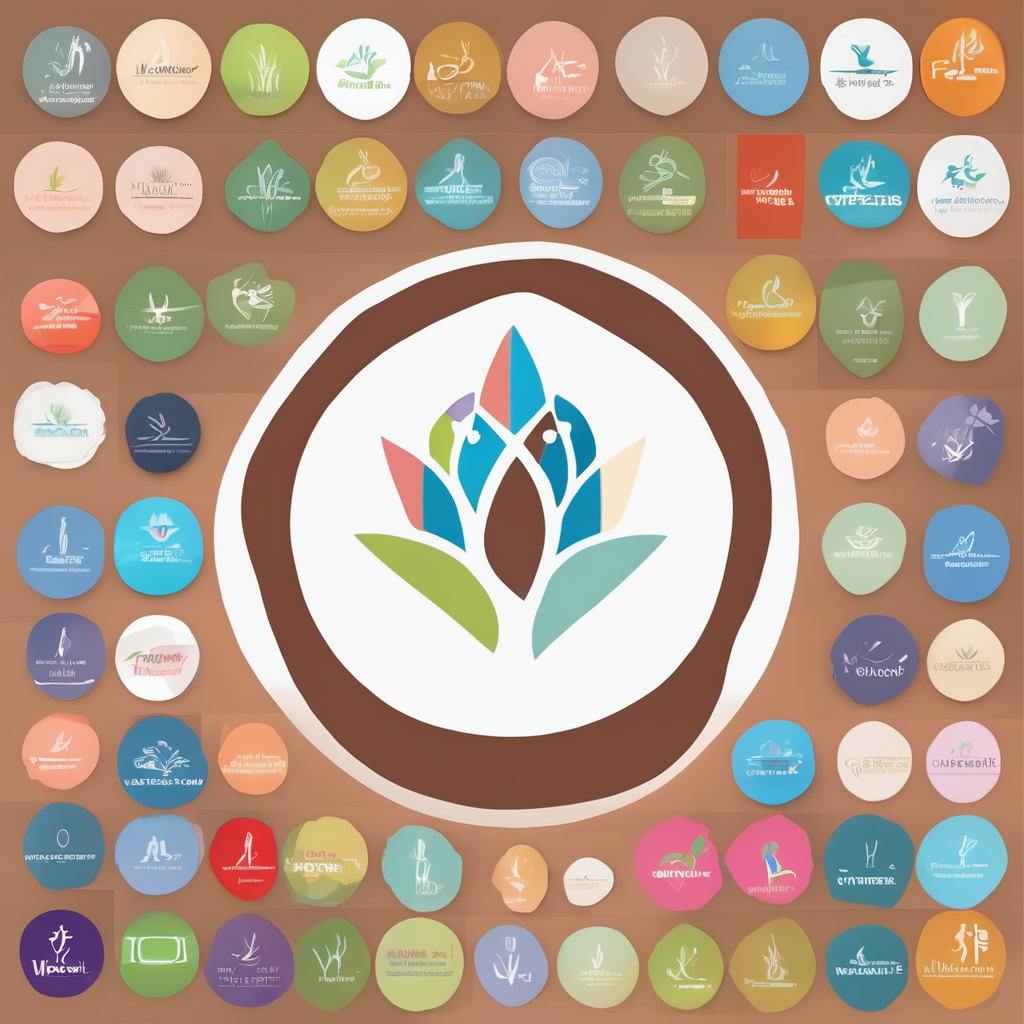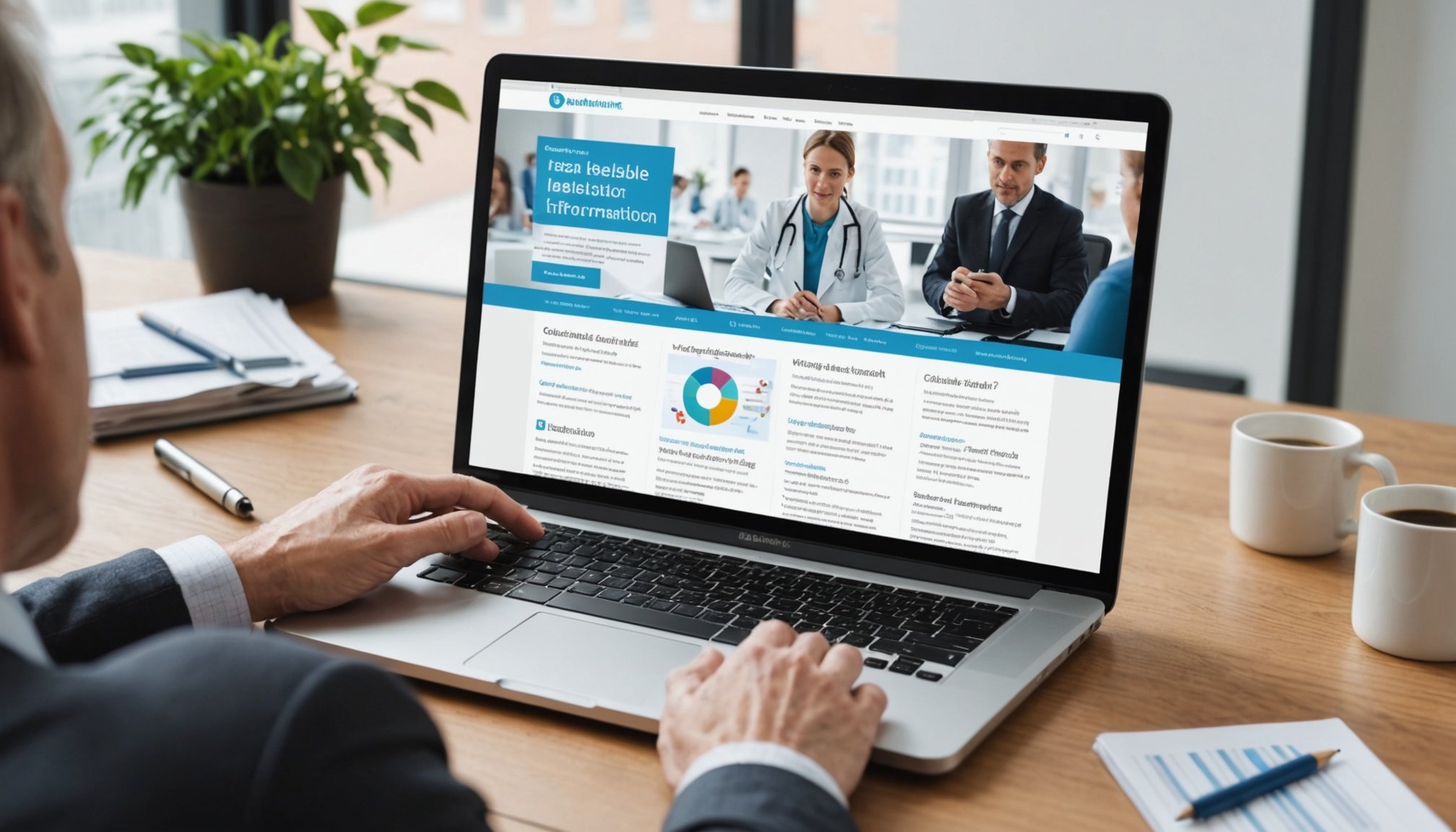In the digital age, accessing health information is as easy as a few clicks. However, with ease comes the challenge of navigating a landscape rife with misinformation. The World Health Organization (WHO) has termed this the “infodemic,” a deluge of information, both true and false, that complicates our ability to discern reliable health insights. Here, we explore strategies to differentiate credible sources from unreliable ones, ensuring you make informed decisions about your health.
Understanding the Landscape of Online Health Information
The internet is a vast repository of content; yet, not all of it is trustworthy, especially when it pertains to health information. Social media platforms and websites often present an image of authority, but underlying them can be scattered misinformation.
Also to see : Unlocking the Power of Cold Showers: Do They Really Enhance Immunity and Alleviate Muscle Pain?
Firstly, it is essential to recognize that quality and credibility are the cornerstones of reliable health sources. Governments, renowned medical organizations, and universities typically uphold these principles. Institutions like the Centers for Disease Control and Prevention (CDC) or the Mayo Clinic offer accessible, evidence-based information that can be relied upon.
However, the rise of social media has democratized information, leading to the rapid spread of health content. Platforms such as Facebook and Twitter are potent mediums where both credible insights and myths about health circulate widely. The challenge lies in discerning which information is reliable. Public engagement with such platforms should always be done with a healthy level of skepticism, ensuring that shared information is cross-referenced with verified sources.
Also read : What are the latest advancements in telemedicine and how do they impact patient care in the UK?
Moreover, understanding the difference between peer-reviewed scientific studies and opinion pieces is crucial. Peer-reviewed articles undergo rigorous evaluations by experts in the field, offering a level of scrutiny absent in non-peer-reviewed content. Thus, when evaluating information, always consider the source and the process it underwent to reach the public.
Identifying Credible Sources of Health Information
In the quest for reliable health data, the source of the information plays a pivotal role. Credible sources are typically characterized by their adherence to scientific principles and their ability to present data objectively.
Searching for health information online should begin with trusted entities such as government organizations, academic institutions, and established medical organizations. Resources from the National Institutes of Health (NIH) or the World Health Organization (WHO) are exemplary. These sources are not only reliable but are backed by a wealth of scientific research and medical expertise.
Moreover, reputable health websites clearly indicate their information sources, often citing scientific journals or expert interviews. Such transparency is a hallmark of credibility.
When encountering new information, consider the following questions:
- Who authored the content? Recognized experts or anonymous individuals?
- What evidence is provided, and is it supported by scientific studies?
- When was the information published? Is it current and reflective of the latest research?
Pondering these questions can guide you in assessing the credibility of the information you encounter. Additionally, consider engaging in online communities where health professionals participate, as they can serve as valuable resources for verifying information and debunking myths.
The Role of Media and Social Platforms in Spreading Misinformation
In today’s digital era, media and social platforms are powerful tools for disseminating information. However, their vast reach also poses significant risks regarding the spread of health misinformation. Understanding how these platforms contribute to the propagation of misleading content is essential.
Social media has dramatically changed the way information is consumed. While it allows for rapid sharing and broad accessibility, it also enables the viral spread of unverified claims. Often, sensationalized headlines and dramatic claims are prioritized over factual accuracy, as these tend to attract more attention and engagement.
Furthermore, algorithms on these platforms are designed to promote content that garners high interaction rates. As a result, sensationalized and misleading health information is often more visible than carefully vetted scientific data. This climate of misinformation is exacerbated by the echo chamber effect, where users are more likely to be presented with content that reaffirms their existing beliefs, regardless of its truthfulness.
To combat this, it is crucial for individuals to approach media content with a critical mindset. Validate surprising claims through reputable sources and consider the motivations behind the content creation. Moreover, voice your concerns on platforms when you encounter harmful misinformation and support initiatives that promote credible health education.
Principles for Sharing Reliable Health Information
As information consumers and sharers, we bear a responsibility to improve the quality of health information that circulates in our networks. Here are some principles you can adopt to ensure that only reliable and credible health data is relayed to your peers and community:
-
Verify Before You Share: Always check the source of any health information you come across. Cross-reference with reputable organizations or published scientific research to confirm its authenticity.
-
Promote Credibility: Encourage others to share only verified information. Educate your network on how to identify trustworthy sources and highlight the importance of relying on expert-backed content.
-
Engage with Professionals: Follow and share information from certified health professionals or medical entities. Their insights are typically grounded in expertise and evidence, making them more credible.
-
Foster Critical Thinking: Encourage an environment where questioning and critical analysis of health claims are normal. Discussing the credibility of sources and the validity of information can cultivate a more informed public.
-
Stay Updated: Health information is dynamic. New research constantly emerges, sometimes altering existing knowledge. Regularly updating your understanding ensures you remain informed and can share accurate data.
By adopting these principles, we can collectively mitigate the spread of misinformation and cultivate a more informed society ready to tackle health challenges with confidence and knowledge.
Navigating the world of online health information requires a discerning eye and a commitment to seeking out credible sources. The digital space, teeming with a blend of fact and fiction, can be daunting. By critically evaluating sources, discerning the role of media in propagating health information, and adhering to principles that promote reliability, you can safeguard yourself against misinformation.
In a world where health decisions can have profound implications, engaging with quality information from trusted sources is essential. Equip yourselves with the tools to question, analyze, and verify health data, ensuring that the information you rely on is not only reliable but also credible. As we continue to embrace the wealth of information the internet provides, let us remain vigilant stewards of the knowledge we share and consume.











